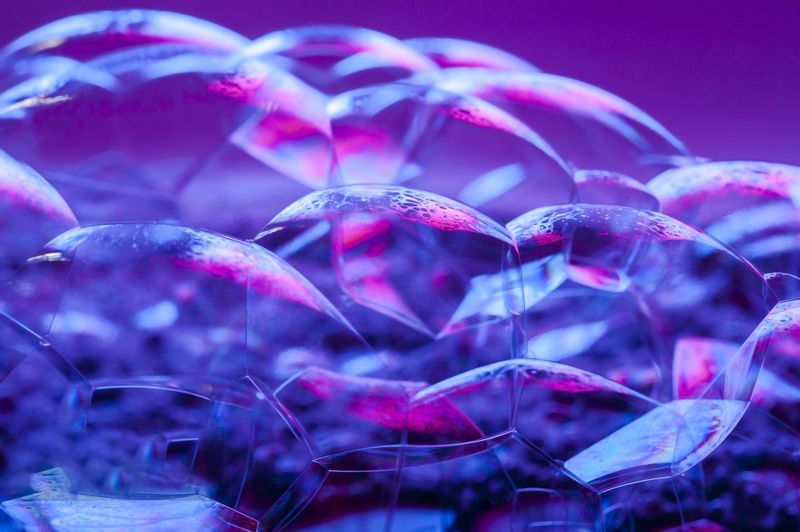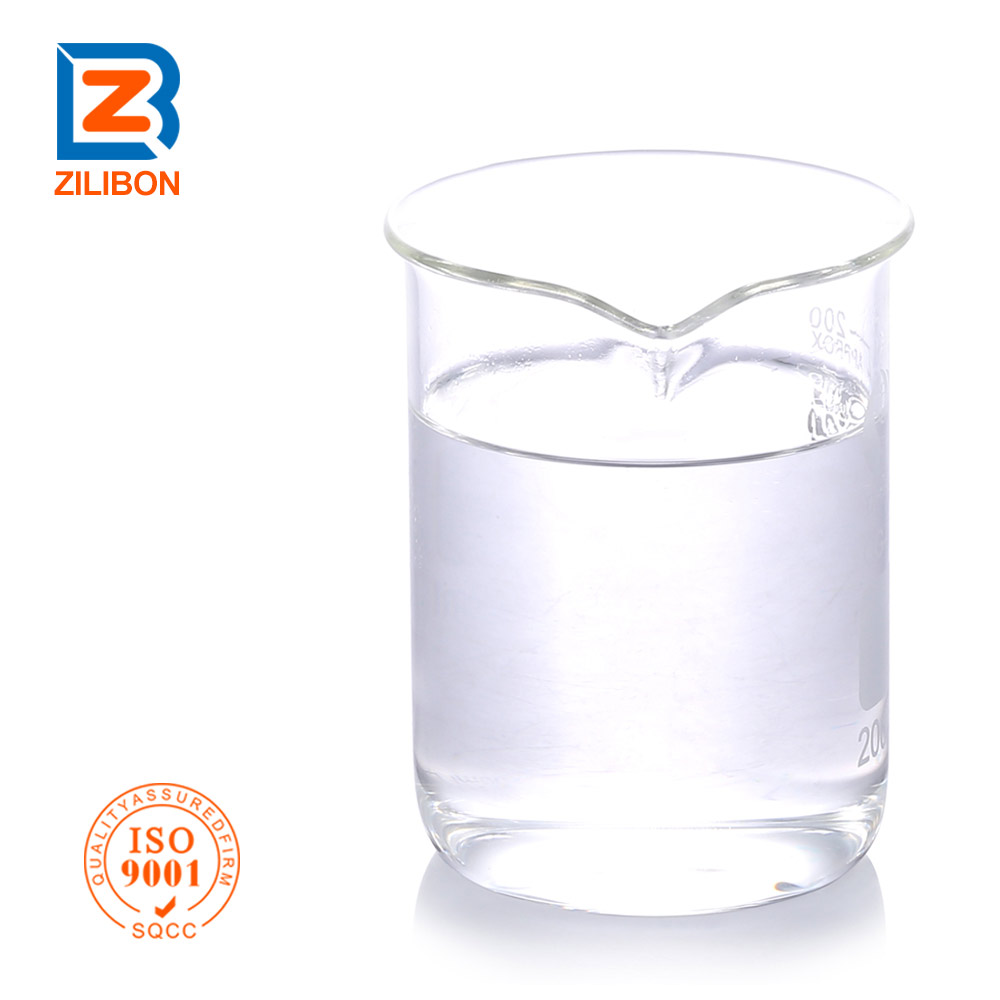In recent years, the development of defoamers has become more and more rapid. In particular, water-based defoamers can be used in basically all industries to support the compatibility of the defoamer and the foaming system, to achieve a better defoaming and anti-foaming effect. Compared to oil-based and other components of defoamers,
water-based defoamers are more widely used.

Foam rupture due to the reduction of local surface tension
The origin of this mechanism is the sprinkling of alcohol or cooking oil on the foam. When it is incorporated into the foam liquid, it significantly reduces surface tension. Since these substances are usually less soluble in water, the surface tension is reduced in the portion of the foam while the surface tension around the foam remains almost unchanged. The portion with reduced surface tension is strongly stretched, extended, and eventually ruptured.
Breaking the elasticity of the film and causing the bubble to burst
Adding a defoamer to the foam system diffuses the gas-liquid interface, making it difficult for the surfactant with stabilizing effect to restore the film elasticity.
Promote liquid film exit, thus leading to bubble rupture
The speed of foam exit reflects the stability of foam, and adding a substance to accelerate foam exit can also play a role in defoaming.
Adding hydrophobic solid particles can cause bubble rupture
Hydrophobic solid particles on the surface of the bubble will attract the hydrophobic end of the surfactant, making the hydrophobic particles hydrophilic and entering the aqueous phase, thus playing a role in defoaming.

Solubilizing foam surfactants can cause bubble rupture
Some low molecular substances that can mix well with the solution can increase the solubility of the bubble surfactant and reduce its effective concentration. Octanol, alcohol, propanol, and other low-molecular substances with this effect can not only reduce the concentration of surfactant but also integrate into the adsorption layer of surfactant and reduce the tightness between surfactant molecules, thus weakening the stability of the foam.
Electrolyte splitting of surfactant bilayer leads to bubble rupture
The bilayer of surfactant interacts through the surfactant of foam to produce a stable foaming solution, and the bilayer of surfactant can be split by adding general electrolytes to defoam.
 中文
中文
 EN
EN


